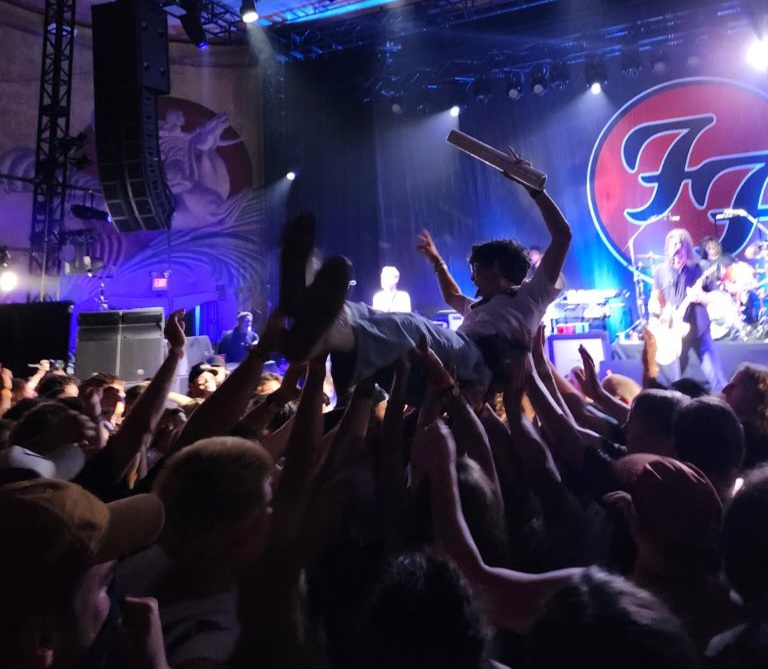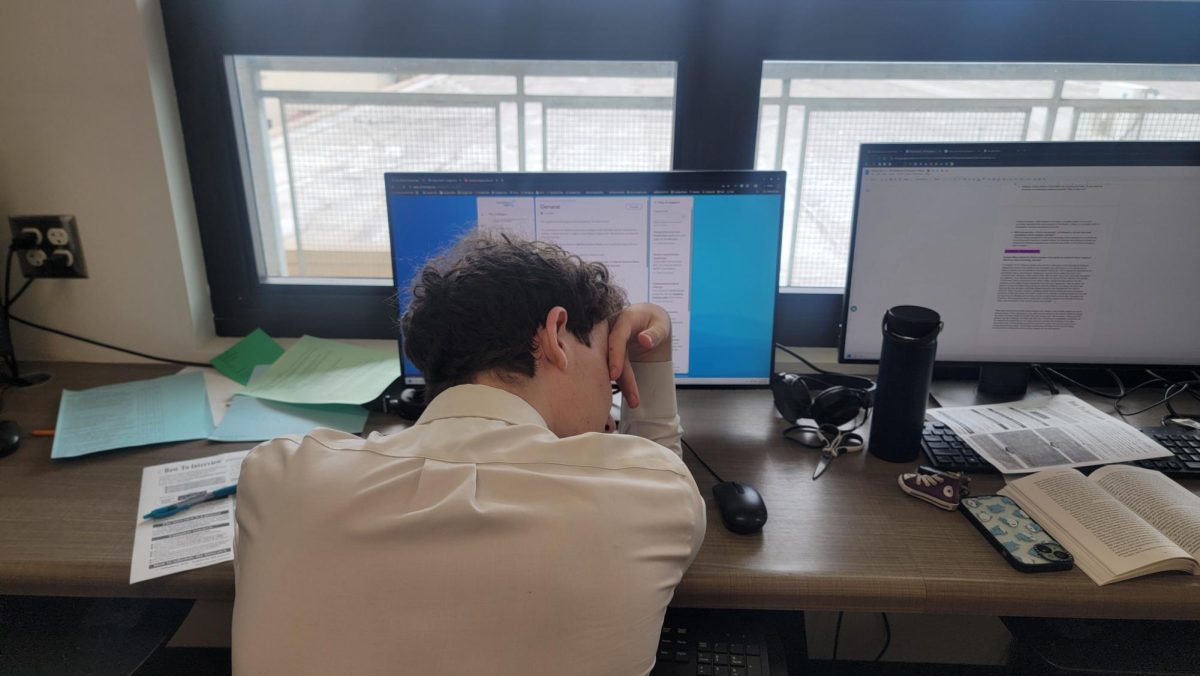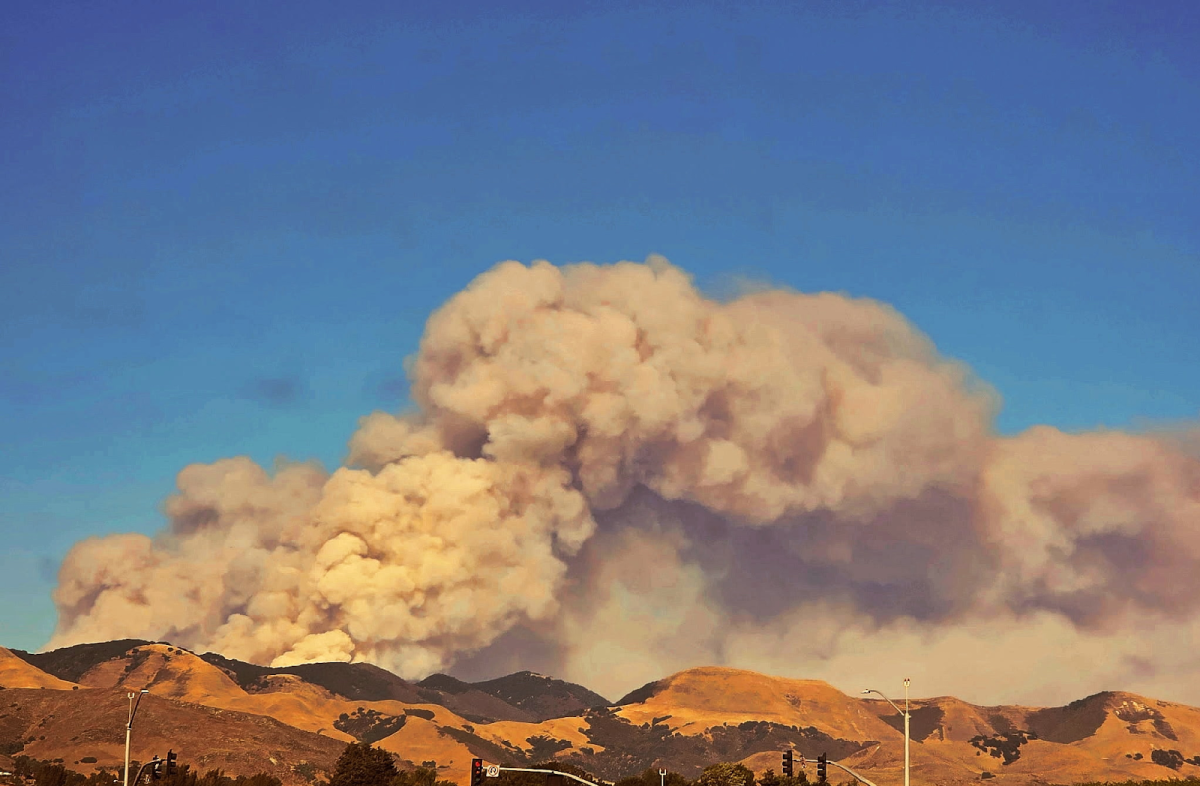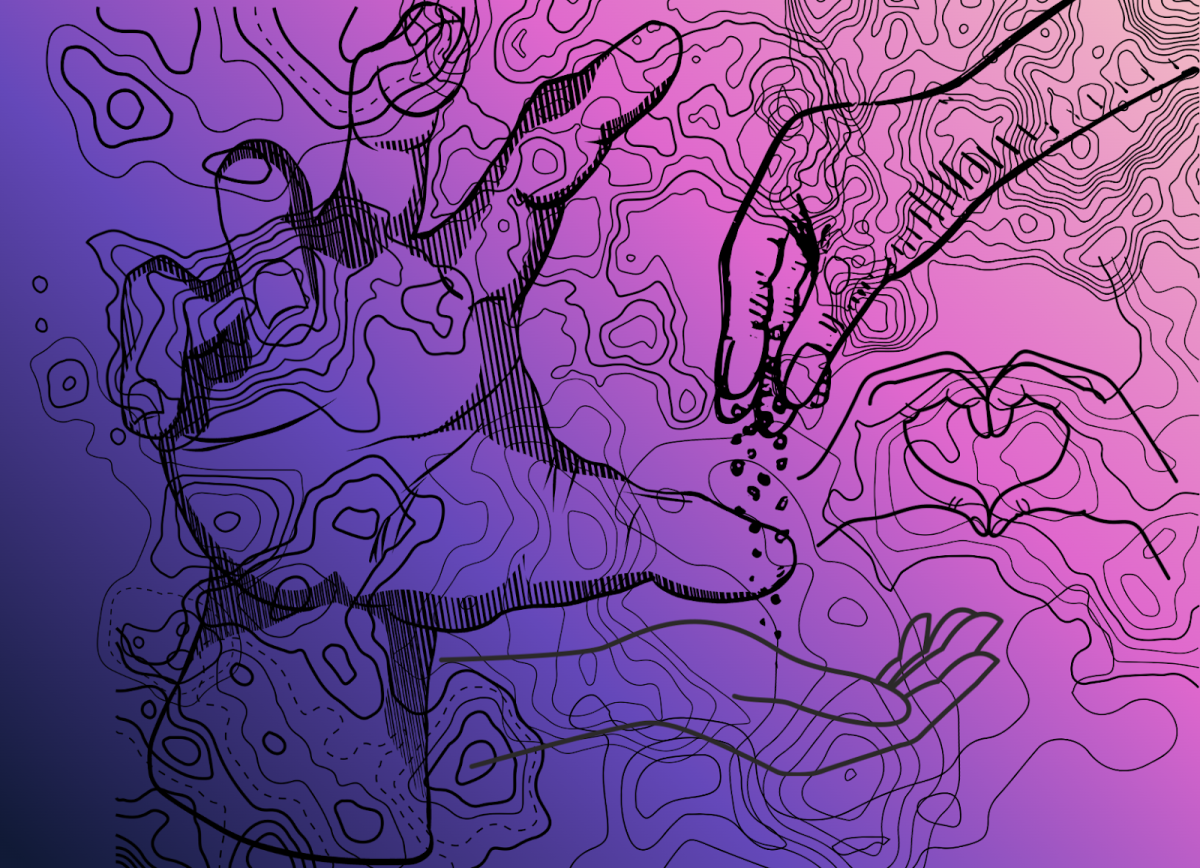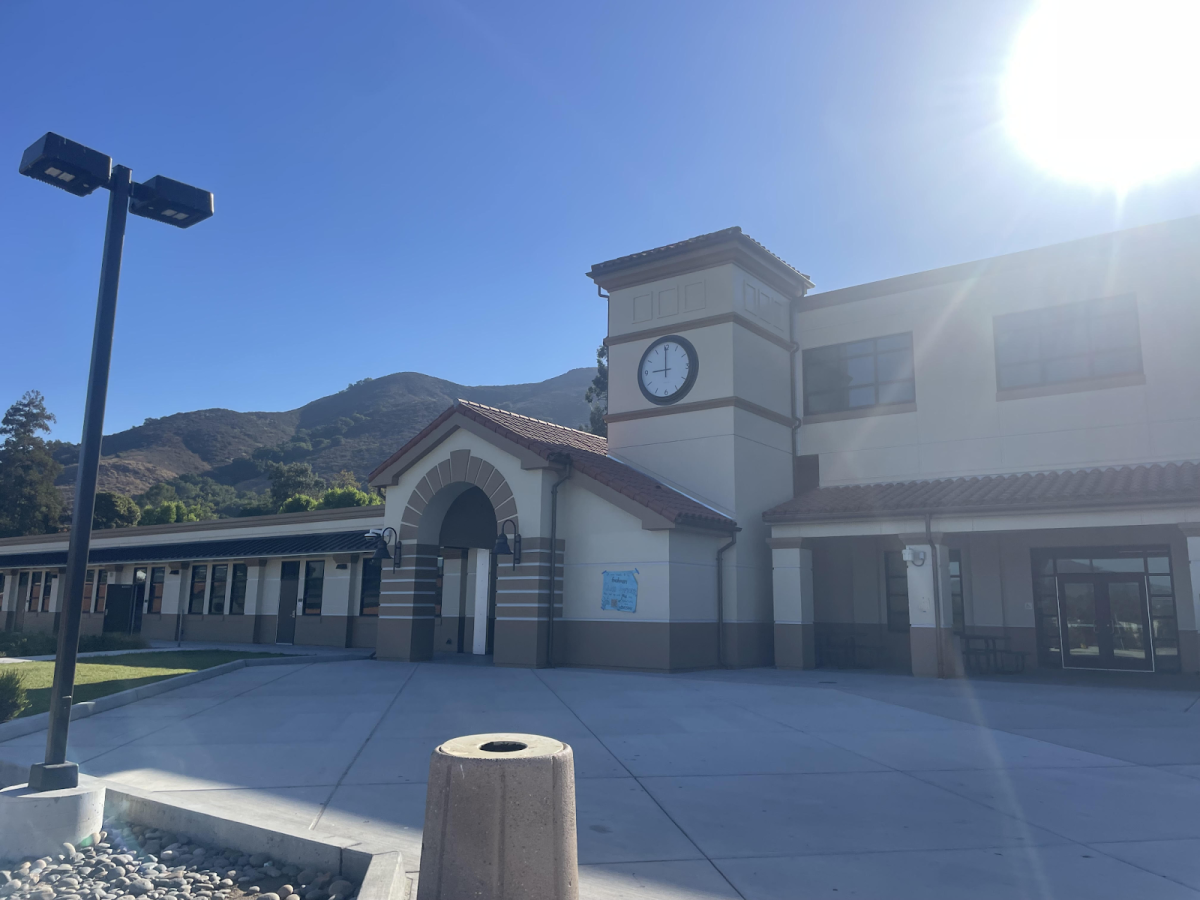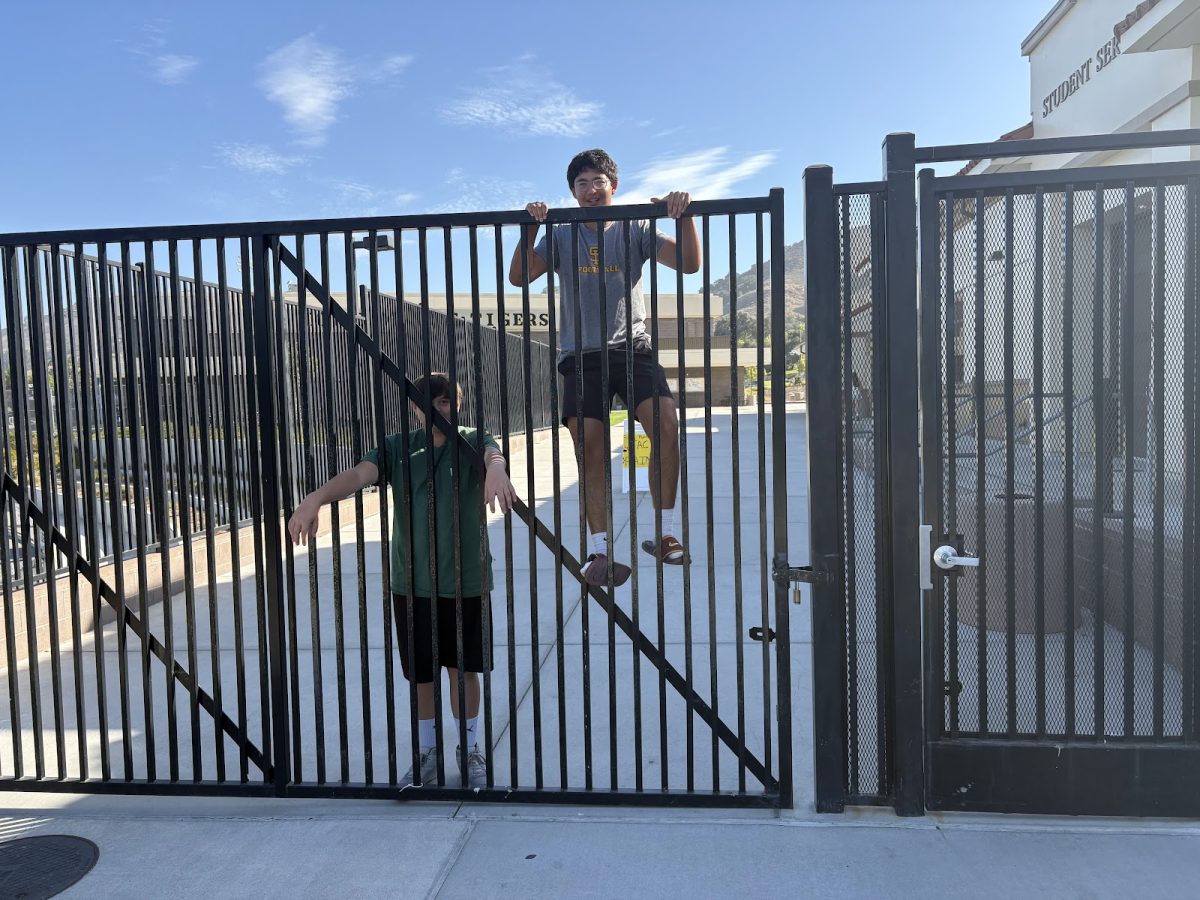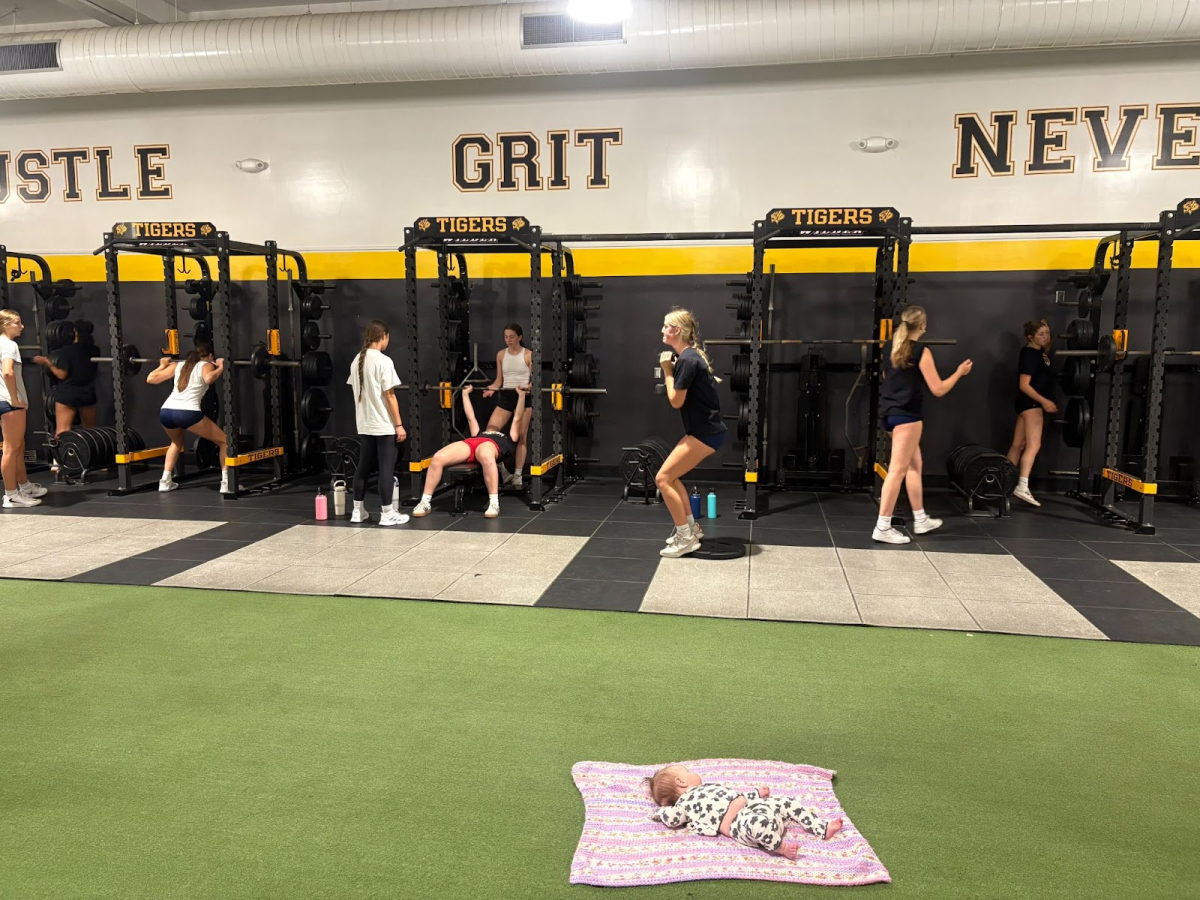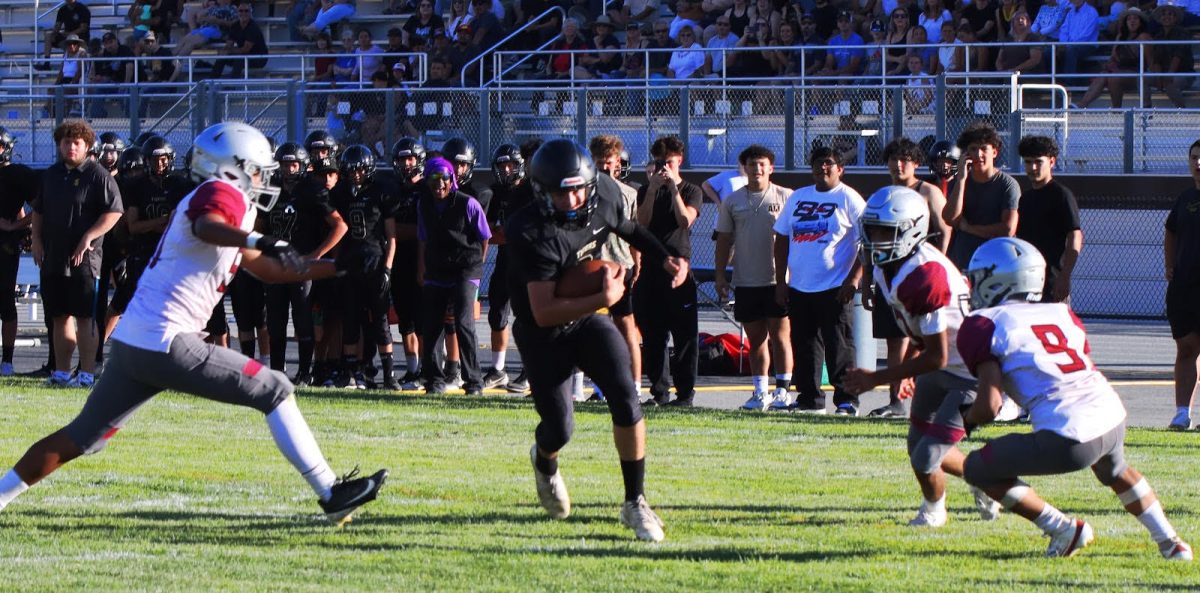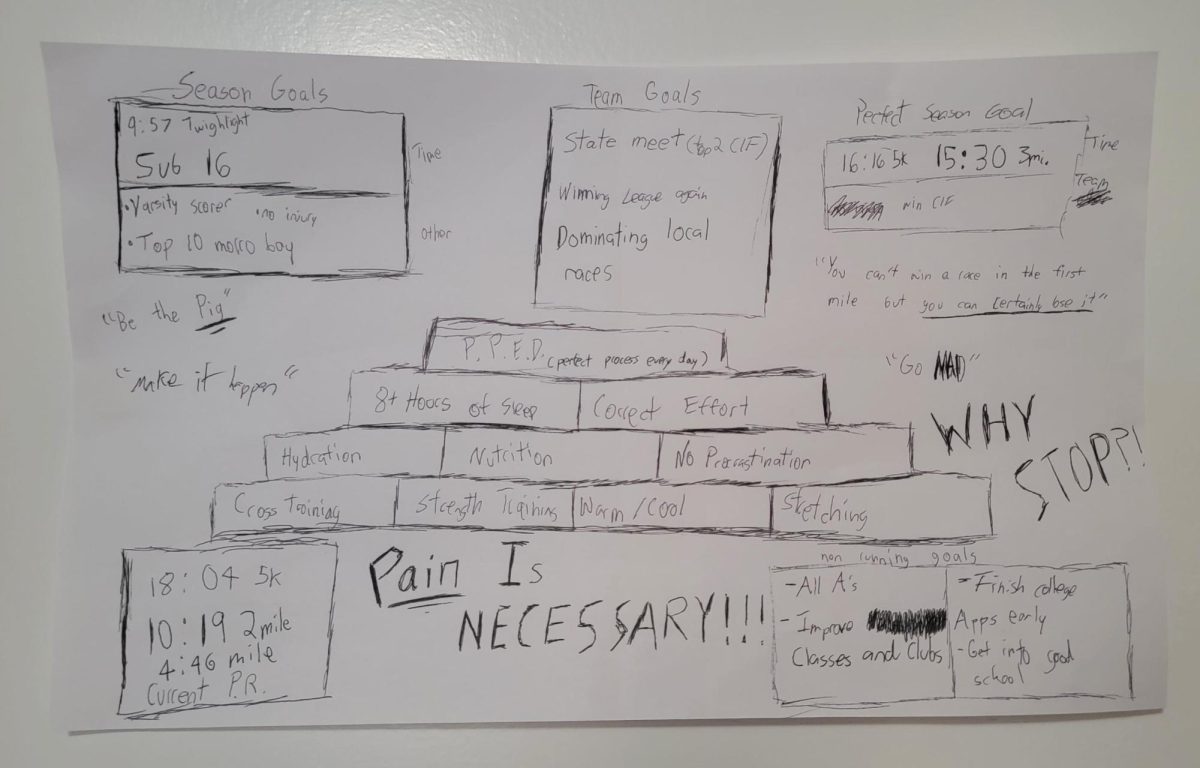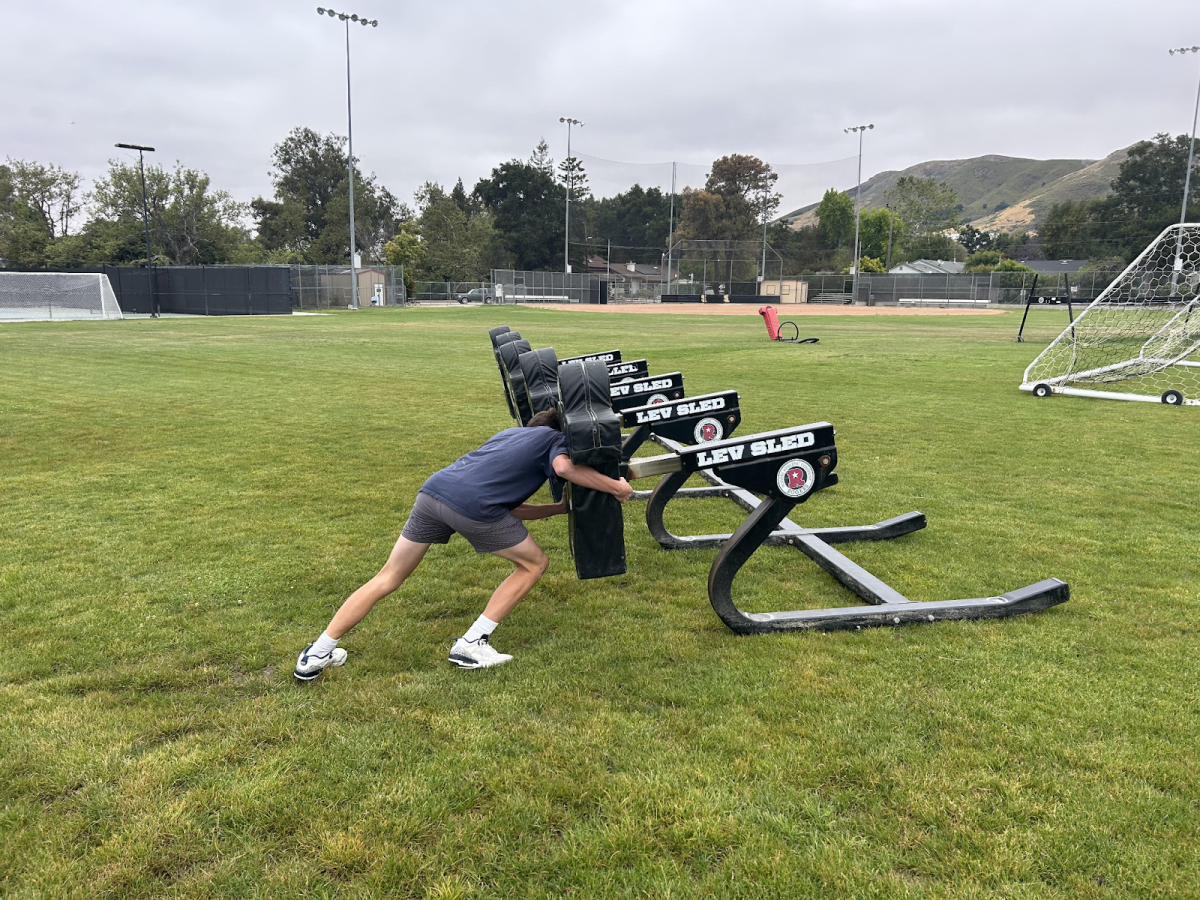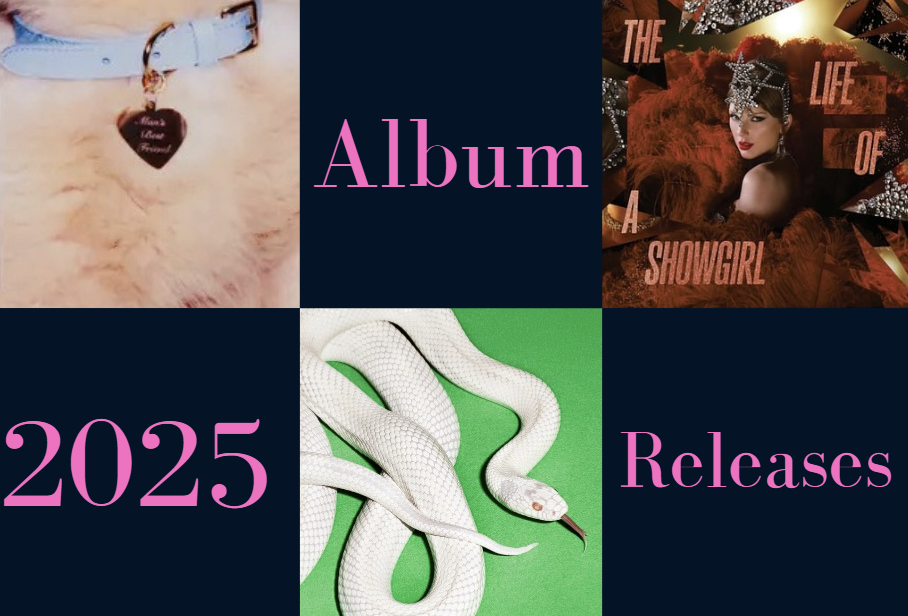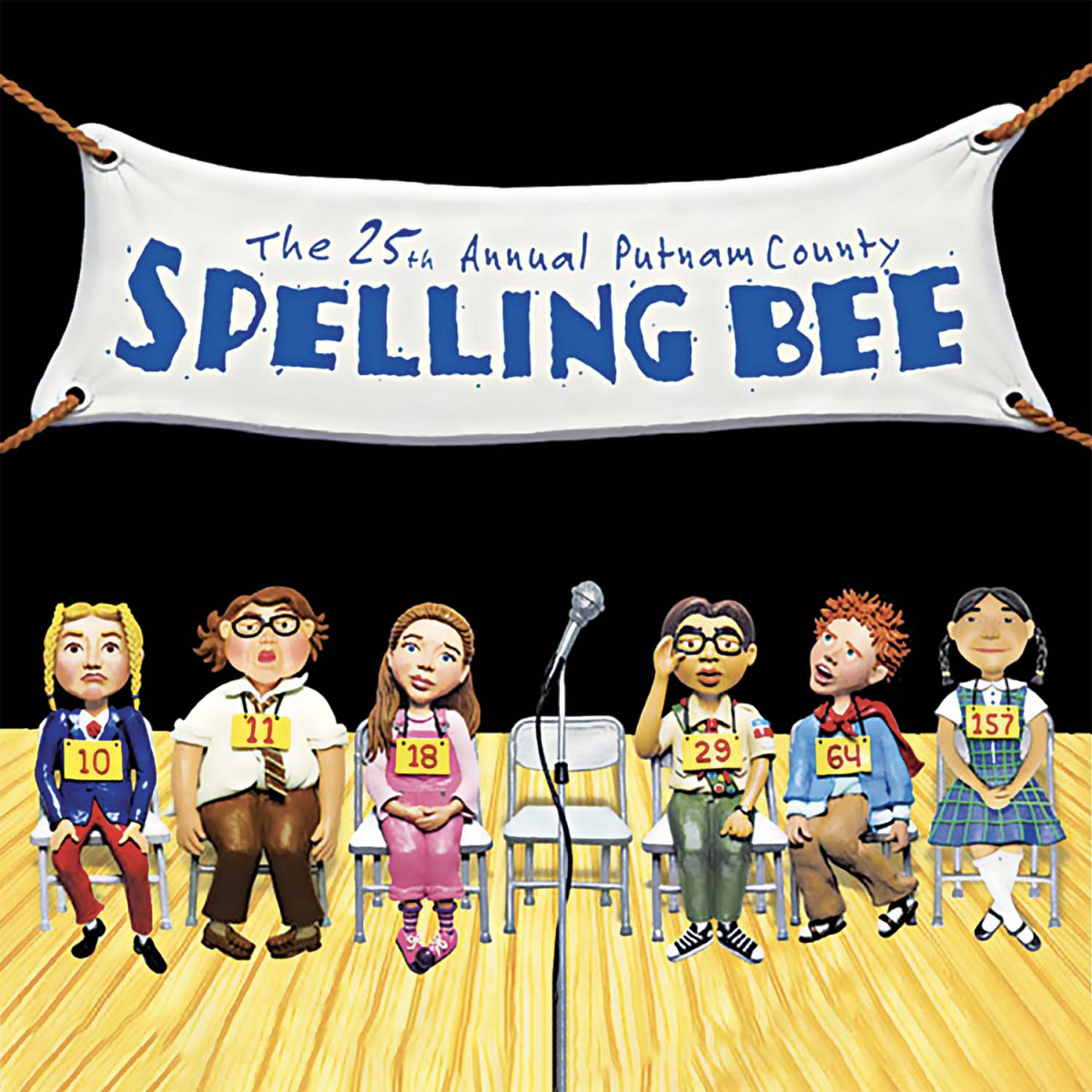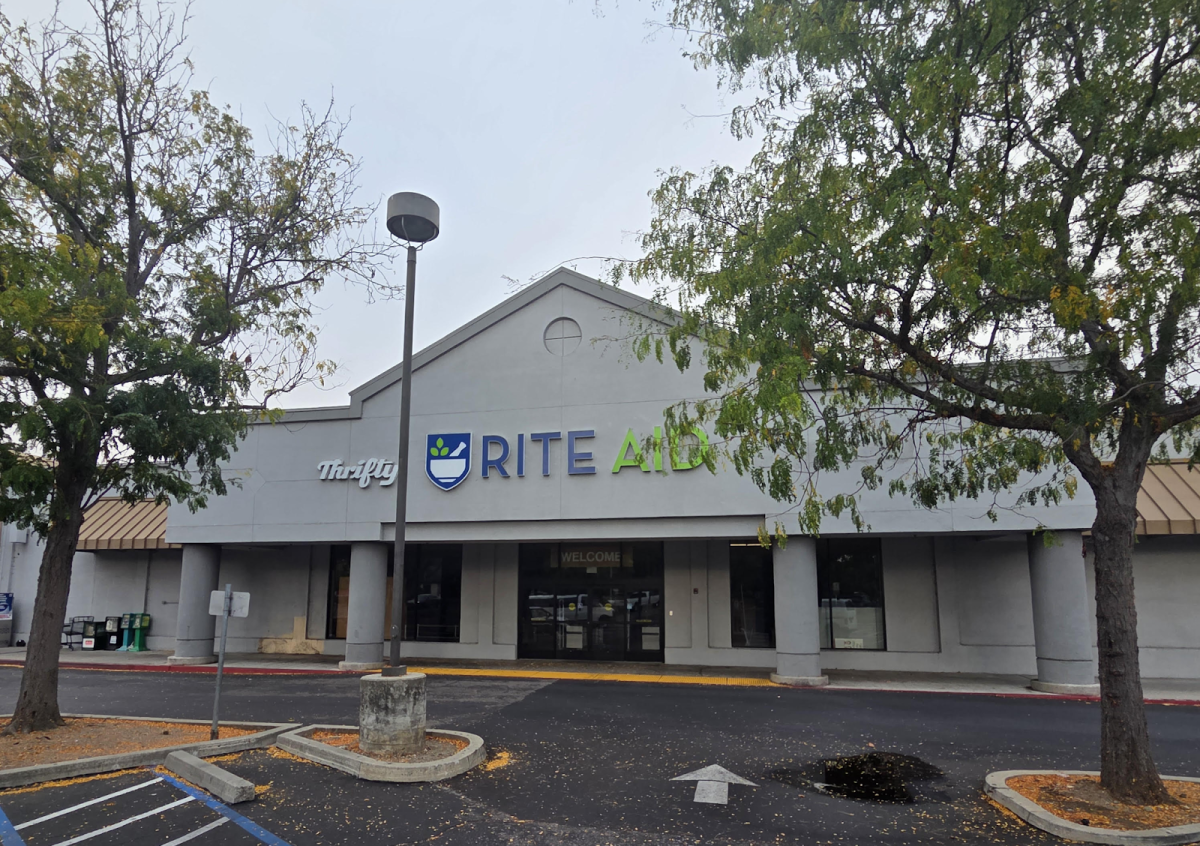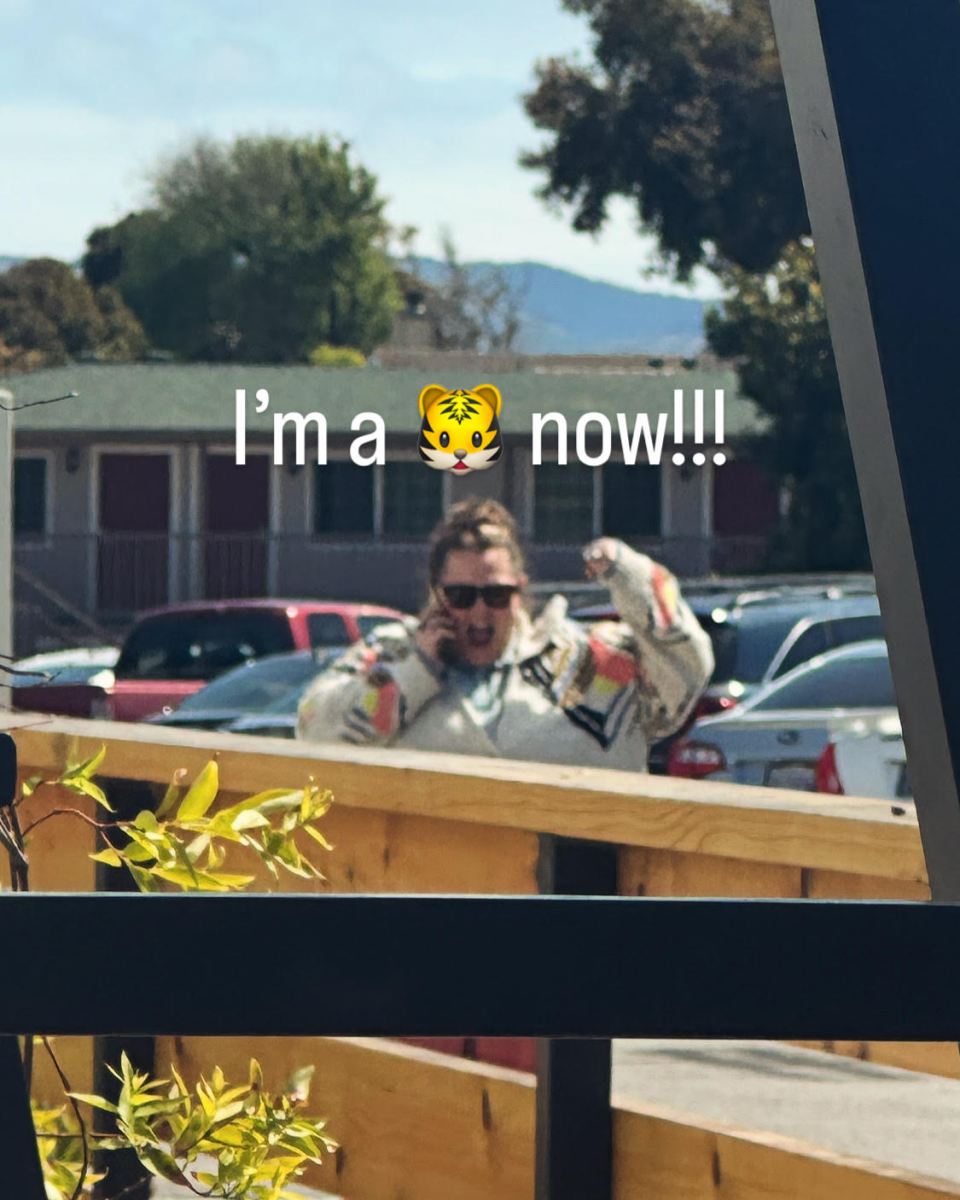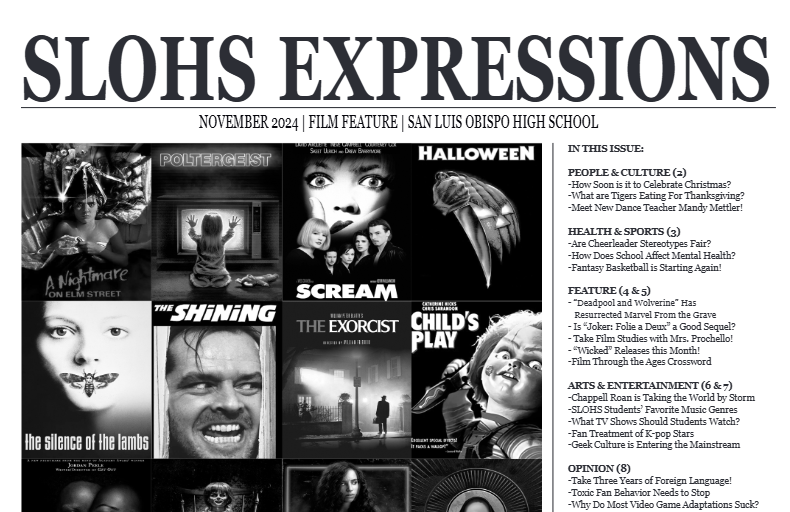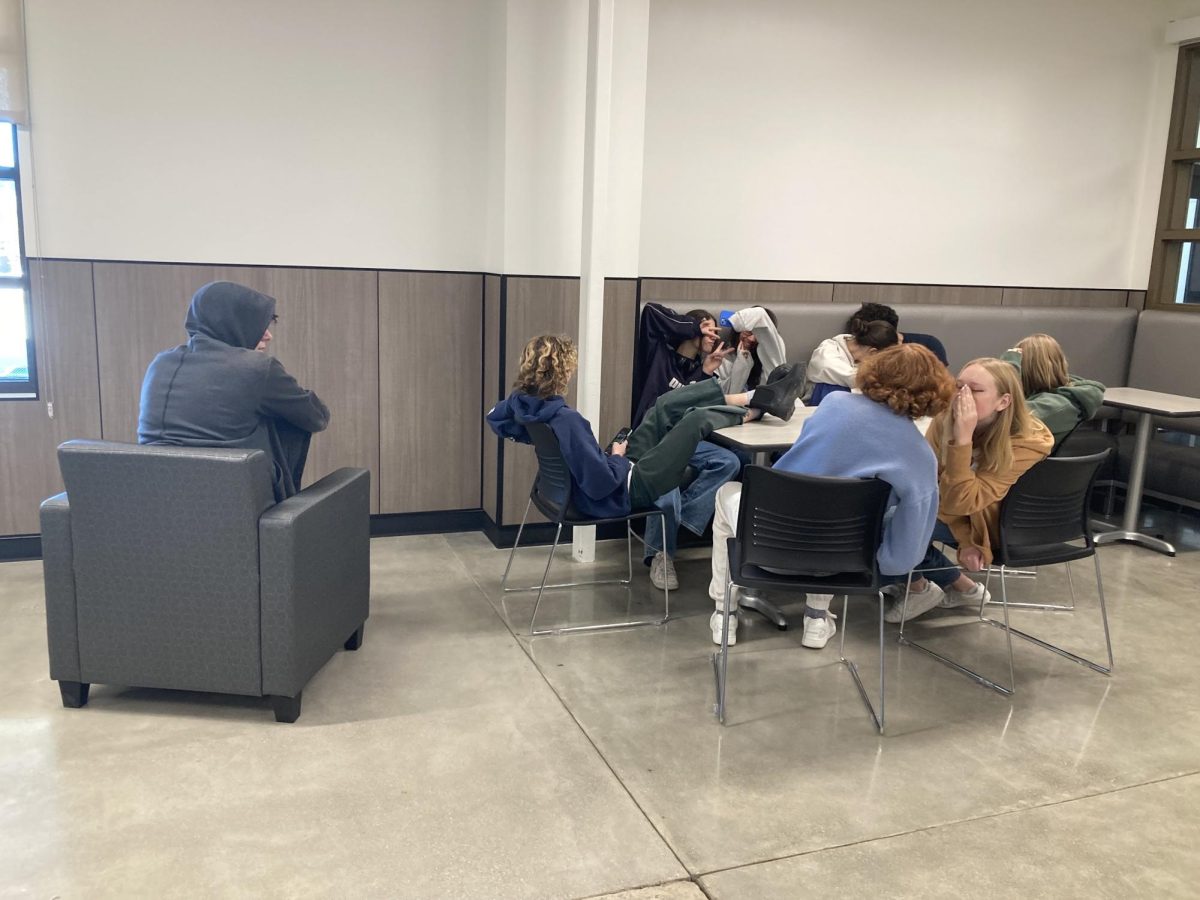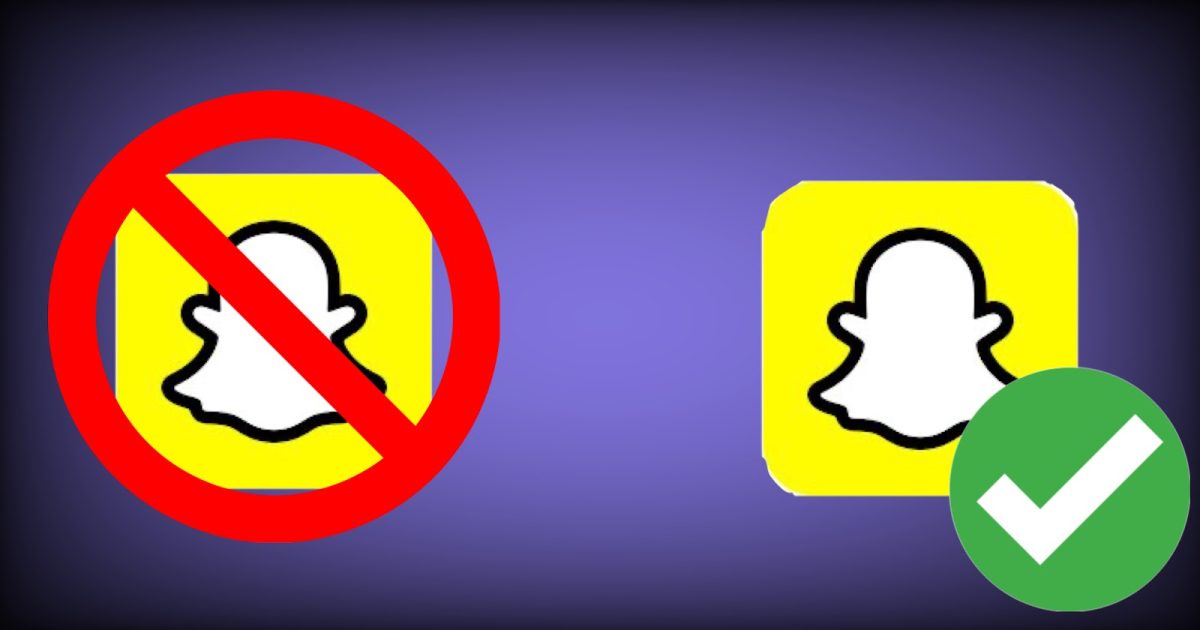Popularity is a struggle in the SLOHS cafeteria. Photo courtesy of freshman Irelynn Zurbach.
Every high school movie since the beginning of time has had the two niches. But are the popular kids and the outcasts relevant to San Luis Obispo High School? These movies are exaggerated versions of a realistic highschool social hierarchy. Popular people being treated and told the best, the outcasts being ignored and given the worst.
I initially believed that the social hierarchy wasn’t real. The people of SLOHS who think they aren’t popular are viewed as not being popular, and vice versa. If that is true, popularity stands with the opinion of whoever is judging everyone else. Is there a way to be viewed as popular? Does popularity really matter? Does your social status affect how you are treated?
“Attention. That’s the only thing I can really think of. The way people are considered popular is the amount of attention they receive from other students,” said senior Oliver Lyons.
Many students do in fact believe in the social hierarchy.
“Yes, because pretty privilege is a thing that exists. People tend to be nicer to you if you are attractive,” said senior Emerson Oetman.
Oetman believes herself to be somewhere in between popular and unpopular.
This is a common trend among people who define themselves as not being popular. When people don’t define themselves as popular, they see people they do define as ‘popular’ being treated differently.
“I don’t think there is a difference in how [popular people] are treated, but there definitely are popular and unpopular people,” said an anonymous student, believing themselves to be popular.
But compared to many other quotes and personal experiences, that doesn’t make sense at all. Just being ‘popular’ in itself means you do have a difference in how you are treated.
“I think the students who are actually popular are the ones who lift others up and make others feel good about themselves,” said fashion teacher Emily Benson.
Most teachers agree with this statement. My theory is that teachers, or staff in general, see better in students that are well liked.
“I think kids just want to fit in and have a group that they feel that they are part of,” said English teacher Lynnly Sainsbury.
Sainsbury thought that the meaning of popularity was more up to the student themself, and the friends they surround themselves with.
So is Popularity real? Yes, depending on who you are. If you spend time with a group of people who find it interesting to make fun of others, that might make you popular. If you hang out with students who value beauty, beauty might make you popular.
So are popular students treated better than the average student?
No, not in every circumstance. I’ve deduced that teachers don’t care if their students are popular or not. As long as the students are in class, ready to learn, popularity is the least of their worries.
To students, popularity is losing its power. Most students find popularity in their own social groups, they don’t need to aspire to be popular. In rethinking social hierarchies, we open doors to a world that values cooperation over competition, and compassion over division.

